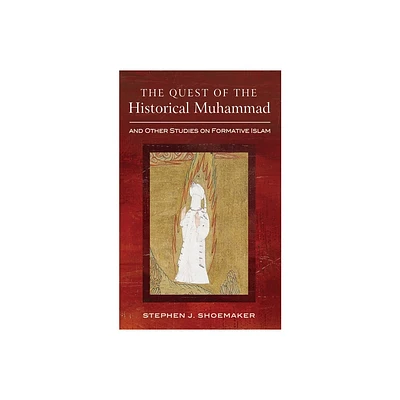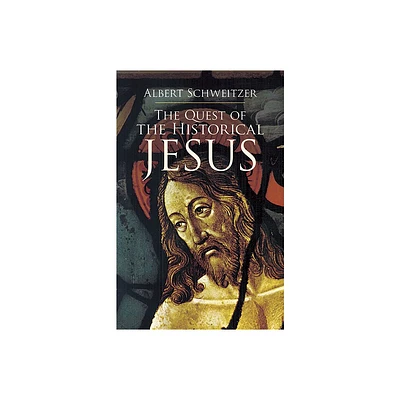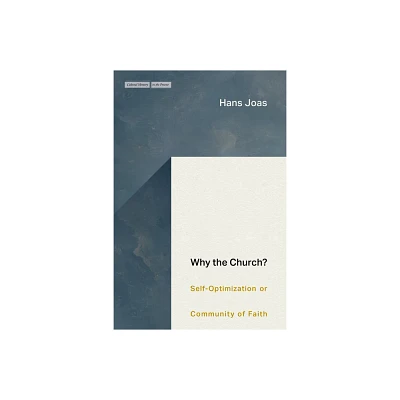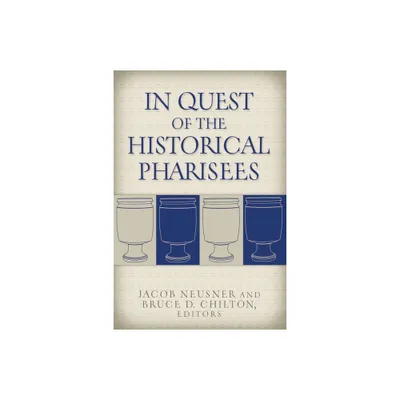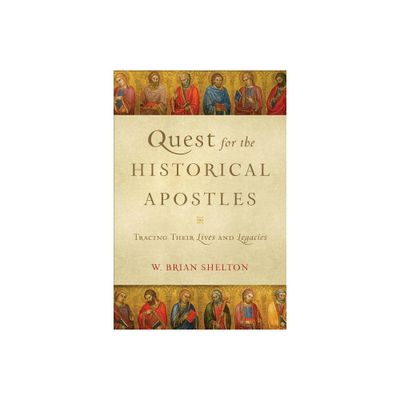Home
Why Study the Past?: Quest for Historical Church
Loading Inventory...
Barnes and Noble
Why Study the Past?: Quest for Historical Church
Current price: $21.99


Barnes and Noble
Why Study the Past?: Quest for Historical Church
Current price: $21.99
Loading Inventory...
Size: Paperback
*Product Information may vary - to confirm product availability, pricing, and additional information please contact Barnes and Noble
Christianity Today
,
Award of Merit, History/Biography
(2006)
The well-worn saying about being condemned to repeat the history we do not know applies to church history as much as to any other area of history. But how can we discern what lessons we need to learn from the many centuries of church history?
In this small but thoughtful volume, respected theologian and churchman Rowan Williams opens up a theological approach to history, an approach that is both nonpartisan and relevant to the church’s present needs. As he reflects on how we consider the past in general, Williams suggests that church history remains important not so much for winning arguments as for clarifying who we are as time-bound human beings. Williams particularly addresses North American readers in his new preface to this perennially timely invitation to remember who we are.
,
Award of Merit, History/Biography
(2006)
The well-worn saying about being condemned to repeat the history we do not know applies to church history as much as to any other area of history. But how can we discern what lessons we need to learn from the many centuries of church history?
In this small but thoughtful volume, respected theologian and churchman Rowan Williams opens up a theological approach to history, an approach that is both nonpartisan and relevant to the church’s present needs. As he reflects on how we consider the past in general, Williams suggests that church history remains important not so much for winning arguments as for clarifying who we are as time-bound human beings. Williams particularly addresses North American readers in his new preface to this perennially timely invitation to remember who we are.
